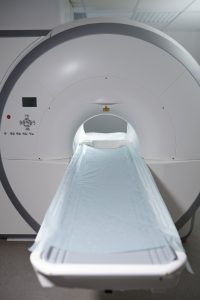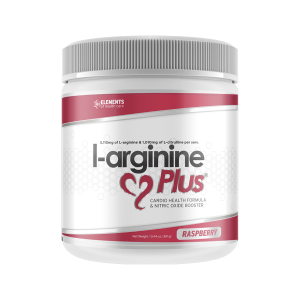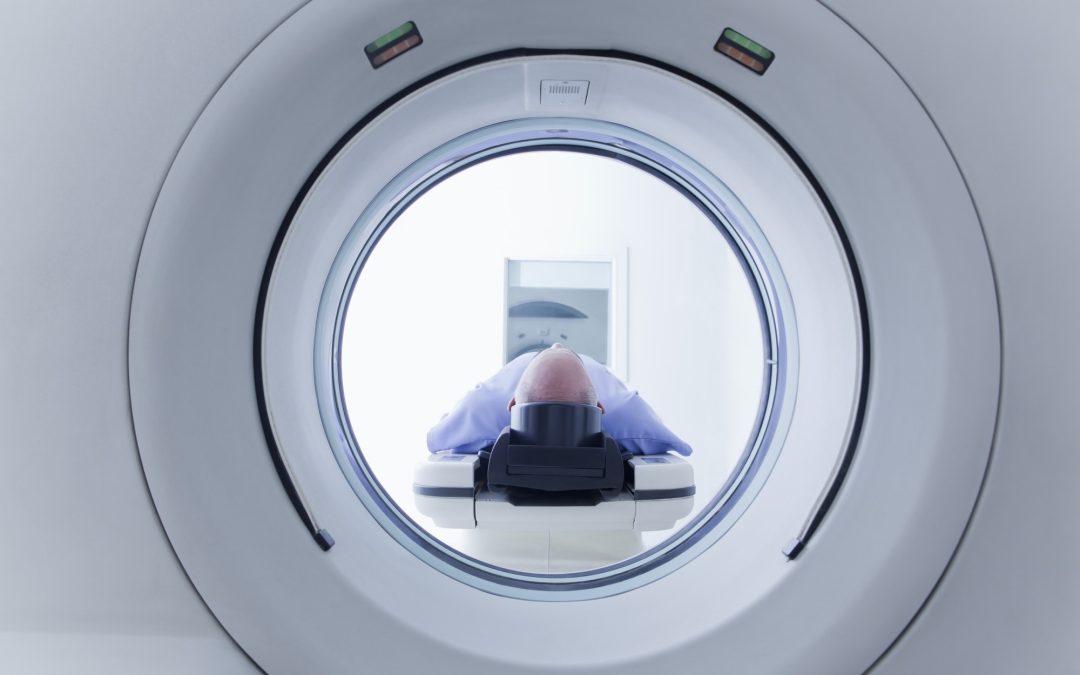With all the exams available today, do you need a calcium scan? Find out what they are, what the process is, and how they may help you.
If your health is in pretty good shape, you eat healthily, and you exercise regularly, you may think you don’t need any medications. However, if your doctor recommends that you consider taking a statin to lower your risk of a heart attack, there’s something you can do to help you make your decision: a coronary artery calcium scan.
Also known simply as a calcium scan, this test is non-invasive and it can help reveal dangerous plaque in your heart’s arteries. According to Dr. Ron Blankstein, a cardiovascular imaging specialist and preventive cardiologist at Harvard-affiliated Brigham and Women’s Hospital, they’re recognized in official guidelines and are being used more than ever before.
“A calcium scan is very useful if there’s uncertainty about a person’s risk of heart disease or the need for statins,” says Blankstein. In fact, these scans can help refine and reclassify someone’s risk of cardiovascular disease – but they’re not for everyone.
Taking the Test
 The special computed tomography (CT) scanner takes various images of your heart in the span of 10 seconds. These scans can reveal specks of calcium in the heart’s arterial walls. The less calcium you have, the less likelihood of a heart attack or stroke.
The special computed tomography (CT) scanner takes various images of your heart in the span of 10 seconds. These scans can reveal specks of calcium in the heart’s arterial walls. The less calcium you have, the less likelihood of a heart attack or stroke.
However, these scans are not for everyone. If you have a low risk of heart disease, which is most people under 40, or already have coronary artery disease, then the test results probably won’t make a difference to your treatment. Calcium scans are for people who are typically between the ages of 40 to 75 and who have a 10-year risk of heart disease or stroke that ranges from 7.5% to 20%.
“But people need to realize that these risk scores are imprecise,” Blankstein notes. “For some, they may overestimate risk. For others, especially younger people in their 40 and 50s, they may underestimate risk.”
Calcium scans may also be helpful for people with “borderline” risk scores that fall between 5% and 7.5%. These tend to be more common among individuals in their 40s and 50s. In addition, if you have a family history of heart disease, you may consider taking a calcium scan.
The Outlook
 A calcium scan can help your doctor determine if you need medications or any other treatments for your heart health. While it’s not for everybody, you can talk to your doctor to figure out if it’s something that can benefit you at this time.
A calcium scan can help your doctor determine if you need medications or any other treatments for your heart health. While it’s not for everybody, you can talk to your doctor to figure out if it’s something that can benefit you at this time.
If you want to get started on improving your heart health regardless of whether you need prescription medications, then there are other things you can do. For example, you can eat healthily, exercise regularly, and take supplements like L-arginine Plus.
Its ingredients effectively promote circulation, blood pressure, cholesterol, and more. If you’re ready to support your heart health, then ask your doctor about calcium scans and take L-arginine Plus for an extra boost.

